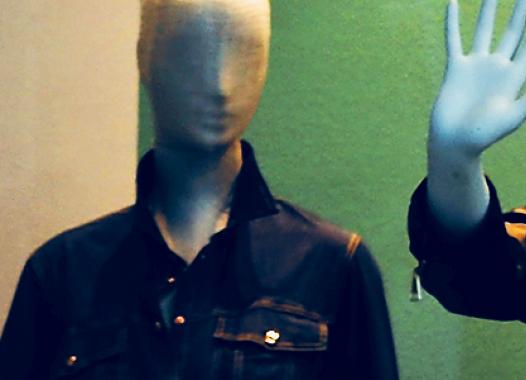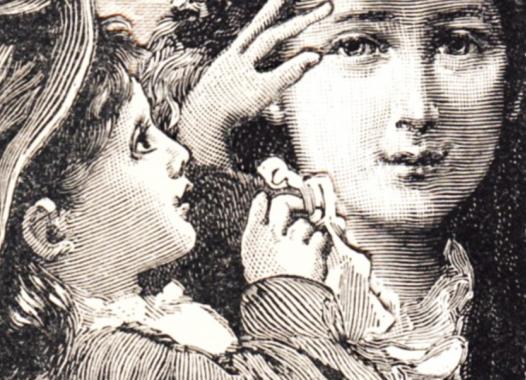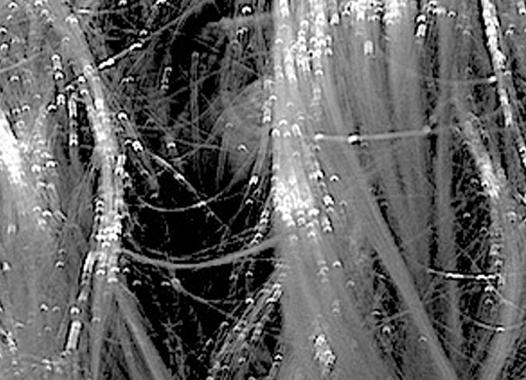
Join the colloquy
Elena Ferrante
more
When it comes to Ferrante, we may feel, indeed, stranded on a beach, at night, left there to collect the tokens of her presence and whereabouts in this world. The tokens are words and in them we find the lucid exactness of worlds inhabited by characters who are as vivid and real as she is elusive. They deal with what the author has called frantumaglia, a term she borrows from her mother and her Neapolitan dialect (frantummàglia): "it referred to a miscellaneous crowd of things in her head, debris in a muddy water of the brain. The frantumaglia was mysterious, it provoked mysterious actions, it was the source of all suffering not traceable to a single obvious cause" (Frantumaglia, Kindle edition). Ferrante’s compelling narrative dives into terribly muddy waters and surfaces from them with the strength of truth, where truth means not moral clarity but the unmistakable verity of naked human emotions. The origin of the word frantumaglia is very material; it refers, in fact, to a pile of fragments from broken objects that cannot be pieced together again.
This Colloquy seeks to bring together in one ongoing conversation, from a variety of intellectual perspectives, the voices of the international discourse about Ferrante’s novels and the significance of her work in the contemporary literary landscape.
As for who Ferrante might be, I propose again her response to a reader who sought to know her identity: "[. . .] what is better than reading in a room that is dark except for the light of a single reading lamp? Or what is better than the darkness of a theater or a cinema? The personality of a novelist exists utterly in the virtual realm of his or her books. Look there and you will find eyes, sex, lifestyle, social class, and the id" (Frantumaglia, Kindle edition)




















